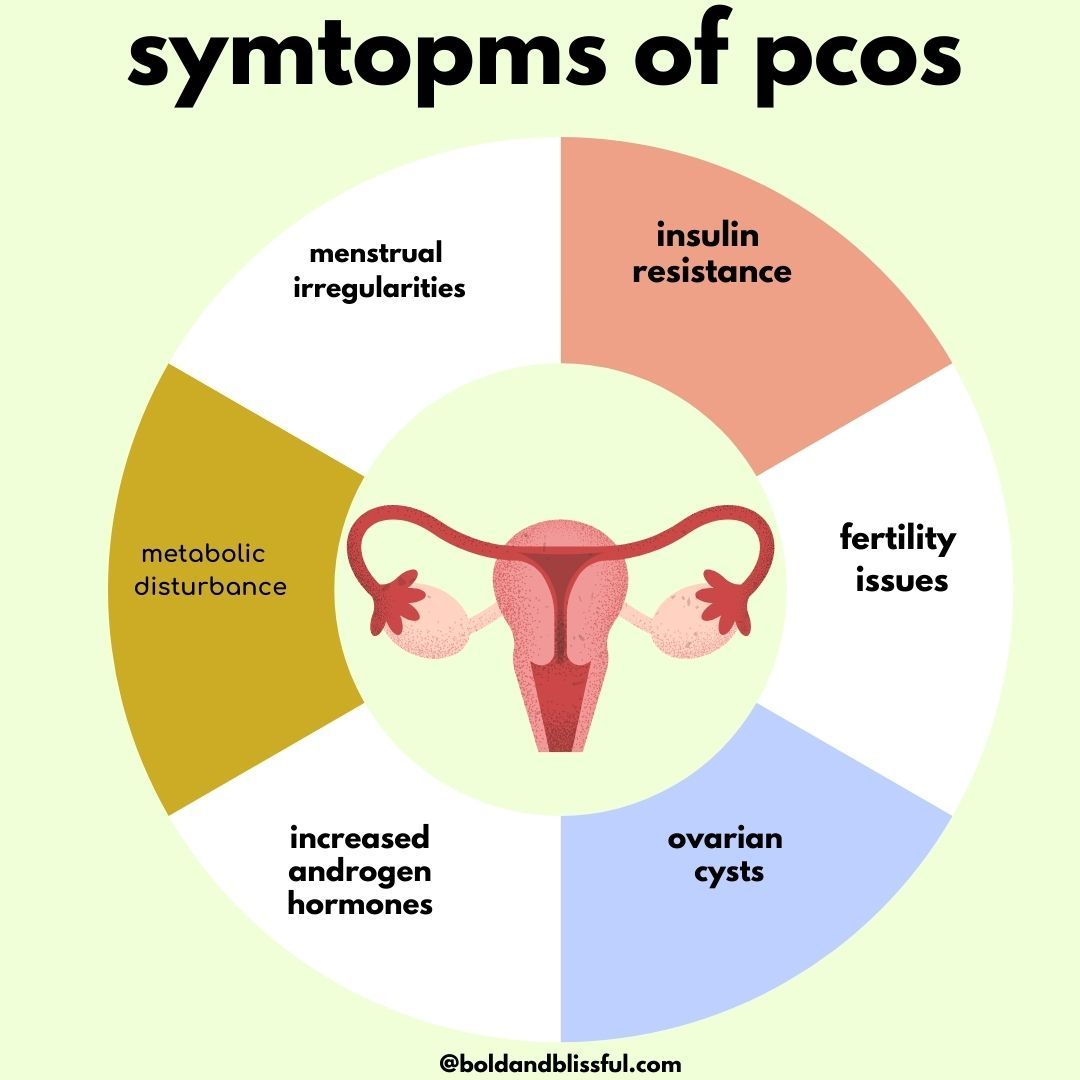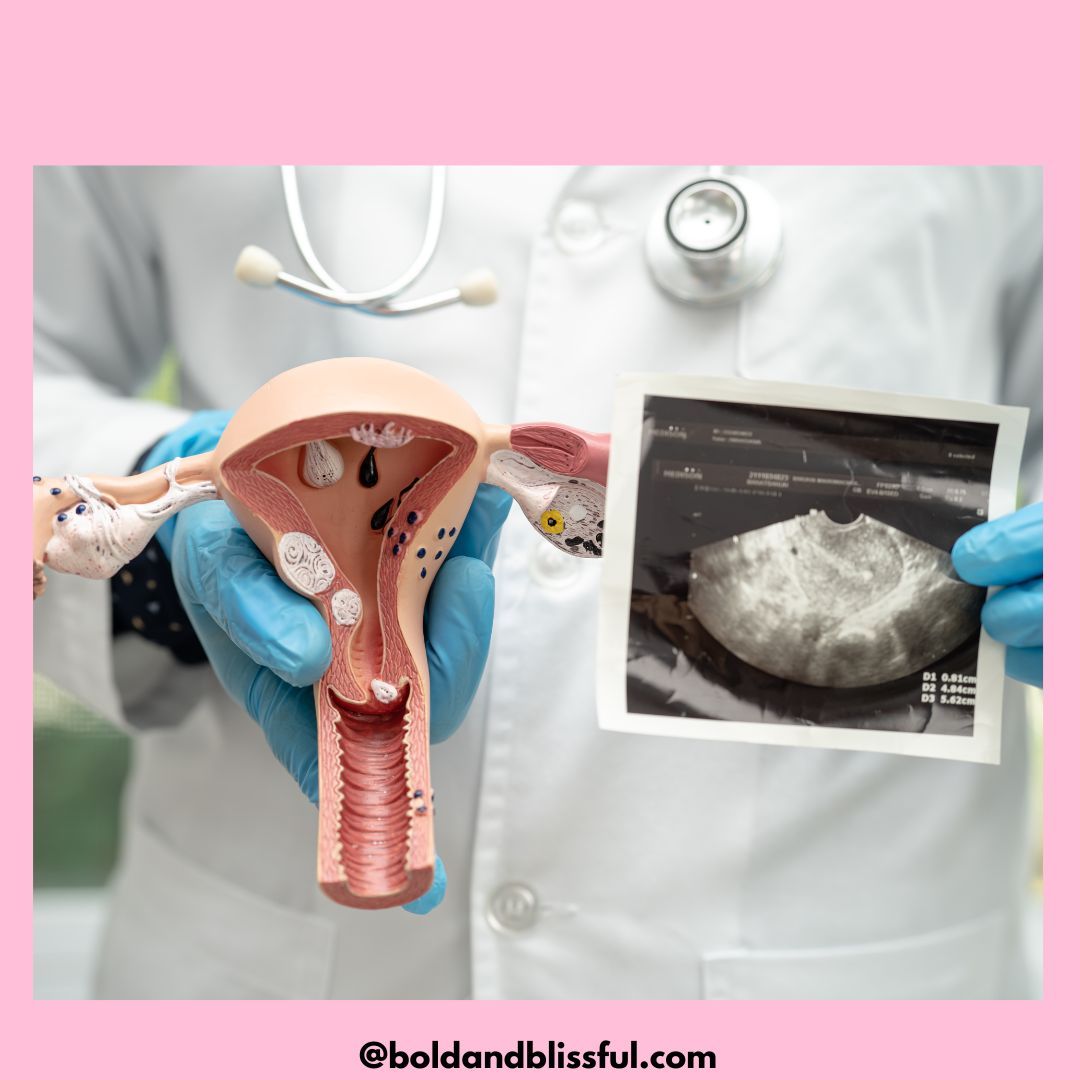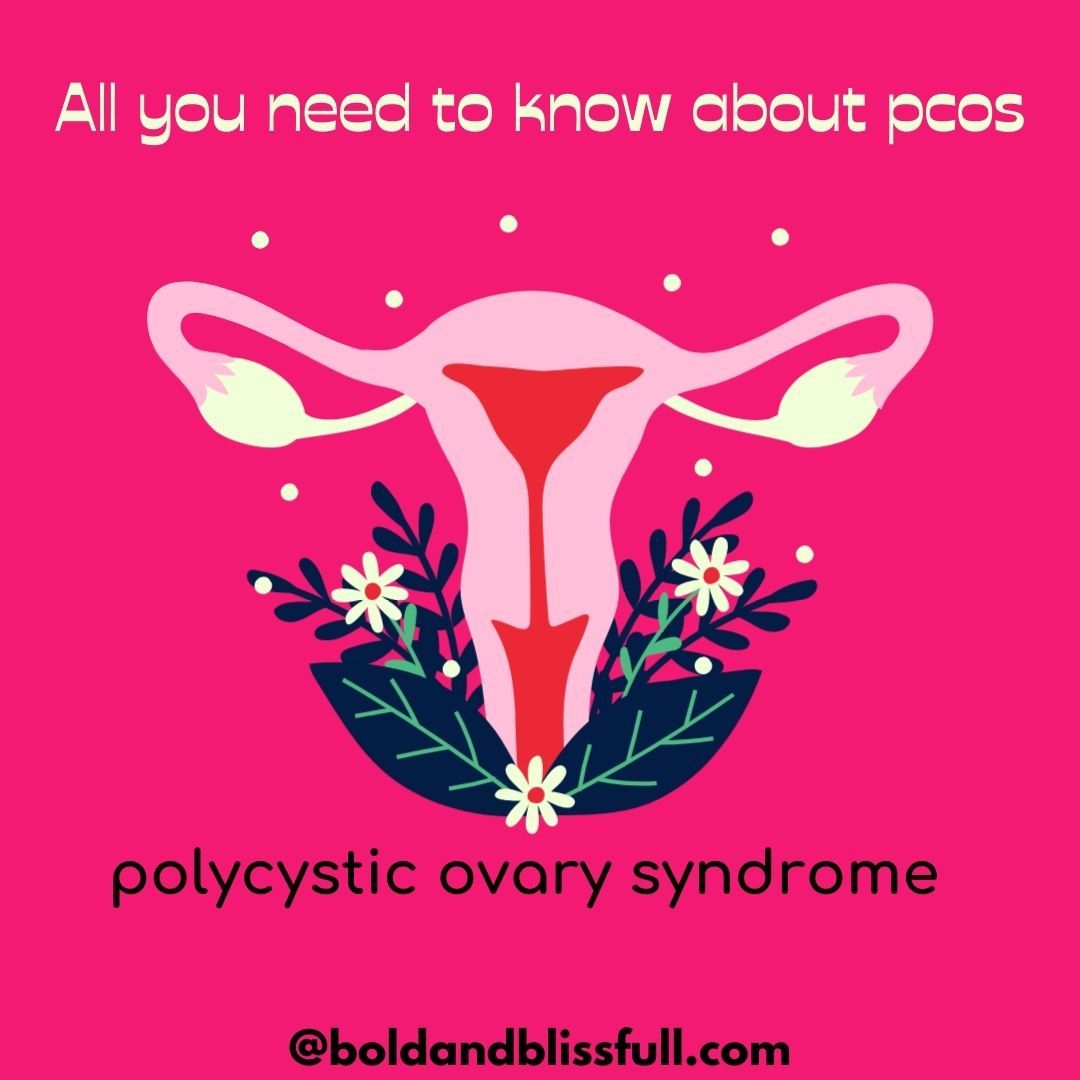Understanding PCOS and PCOD
PCOS is one of the major health issues we are seeing all over the world in many young and middle-aged women is an endocrine disorder affecting the reproductive age in females, ovaries over produce androgen hormones. according to recent survey by UNICEF around 9.13% of menstruating women suffers from PCOS.
Yes, it has a critical impact on fertility like pregnancy with major risk of miscarriage and premature birth. It may be associated with other health issues like diabetics, hypertension and heart ailment, obesity and much more.
PCOD is (polycystic ovary disease) when ovaries release the immature eggs which leads to hormonal imbalance and swollen ovaries. according to recent survey by UNICEF around 22.5% of menstruating women suffers from PCOD.
No, it doesn’t cause a major problem when it comes to fertility and pregnancy, may cause a bit of delay but not major health issues associated with it. can be treated with lifestyle changes.
Causes of PCOS
Before knowing the symptoms lets know the major causes of PCOS,
Genetics: genetics plays major role when it comes to PCOS, women with family history are at great risk of it.
Hormonal imbalance: PCOS is caused by hormonal disturbance in the hypothalamic – pituitary – ovarian axis, by over producing of reproductive hormones. Increased level of luteinizing hormones (LH), Androgens (testosterone) and insulin, with decreased sex hormone-binding globulin leads to hormonal disturbance.
Insulin resistance: insulin resistance is one of the major causes of PCOS, as cells don’t respond effectively to the insulin, where pancreas produce more insulin in responses to decreased responses from the insulin sensitivity, which leads to dysfunction of the ovaries function, where in ovaries start producing more androgens and disrupted follicular production.
Inflammation: increased levels of inflammatory markers like C-reactive protein (CRP) and pro-inflammatory cytokines create resistance to insulin, overran dysfunction and metabolic disturbance.
Symptoms of PCOS
PCOS symptoms vary from person to person and symptoms may change over the period. Let’s know the symptoms.

1.menstrual irregularity: irregular menstruation sometimes heavy flow, intermittent, and absent period are the major symptoms of PCOS.
2.ovreian cyst: women with PCOS often show this symptom of small cysts in their ovaries, which can be diagnosed with ultrasound scanners.
3.insuline resistance: insulin resistance and metabolic disturbance is one of the major health issues when it comes to PCOS, due to over production of insulin leads to metabolic hormonal disturbance leads weight gain, obesity, central adiposity and dyslipidemia, and increased risk of type 2 diabetics mellitus.
4. increased androgen hormones: increased androgen leads increased testosterone leads increase in the excessive hair growth on face and body, male-pattern hair baldness, hair thinning, acne, excess weight gain, darkening and thickening of skin.
5.fertility issues: women with PCOS faces the issue with fertility, due to anovulation/lack of ovulation, or irregular ovulation.it is difficult to conceive naturally for the women with PCOS issues they may need the help of assisted productive technology for conceiving.
process of Diagnosing PCOS:
PCOS diagnosing is challenging due to the absence of a single diagnostic test and heterogeneity of symptoms. These are the common method used to diagnose the PCOS.

- Blood test/ laboratory tests: blood test performed to the hormone’s levels, androgen, increased level of testosterone and LH, FSH (follicle stimulating hormone), fasting glucose level/ insulin, estradiol, along with lipid profile and inflammatory markers are included.
- Ultrasound scanning: Transvaginal ultrasound scanning (TVS) is one of the methods to visualize, assess the ovaries, size, and volume of each ovary.
- Medical history and physical examination: medical history, detailed menstrual patterns, and physical examination of like acne, hair thinning and male-pattern baldness, obesity, and excess hair growth on face and body will be examined by the physician/doctor.
Solution/treatment PCOS :

1.lifestyle changes: lifestyle changes always play a major role, like diet, regular exercise, stress management, maintaining healthy weight, avoiding sugary snacks, junk, and high processed food and refined carbohydrates.
2.hormonal medication: oral contraceptive is usually prescribed by the doctors to regulate the irregular periods, and balance the hormones like estrogen and progestin, and reduce the over production of androgen. Usually, oral contraceptive balances the hormones effectively.
3.anti androgen medication: anti androgen medication will be used like the combination of hormonal contraceptive with spironolactone and cyproterone acetate to reduce the androgen levels and hirsutism and acne.
4.surgery: surgical method will be used to reduce the androgen level and follicular development in the ovaries.
5.insuline management: insulin level will be monitored with the help of oral medication like metformin used to maintain the insulin levels and restore the ovulatory function of the ovaries.
6.ovulation induction: women with PCOS health issues are more prone to face the risk of infertility with help of the assisted reproductive technology like IVF (in vitro fertilization), these medical technology support the women who can’t conceive naturally.
7.matabolic management: metabolic hormones lead to the risk of obesity, insulin resistance, type 2 diabetic, with regular medications, diets, and weight management PCOS can be reduced.
Conclusion
PCOS (polycystic ovarian syndrome) is the complex endocrine disorder which characterized by the hormonal imbalance, metabolic disturbance, and ovarian dysfunction. Which largely impacts on women’s health and fertility, with proper guidance and awareness PCOS can be reduced.
Share this content:



